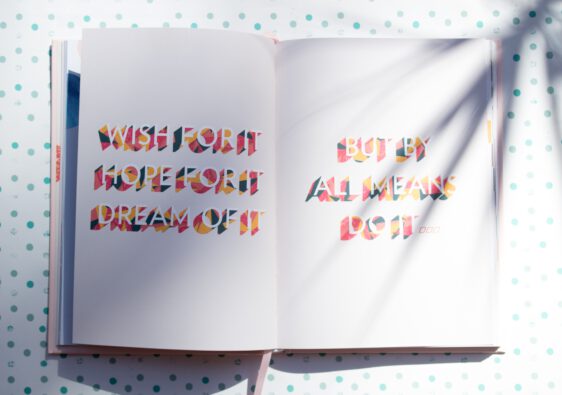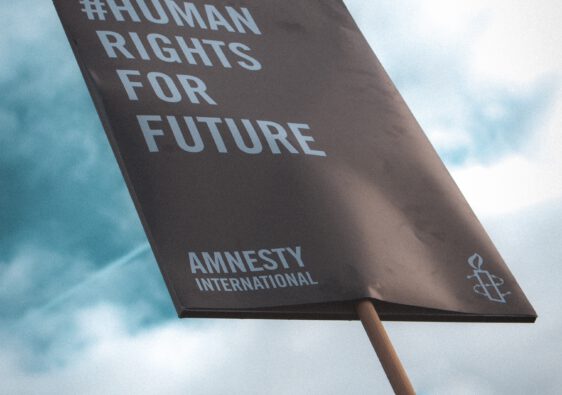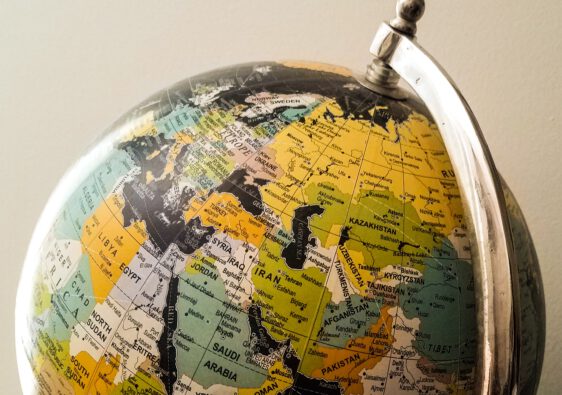In the heart of Morocco, as the calendar turns to January, for the first time Morocco as a country and not only the Amazigh community, prepares to celebrate Yennayer, the Amazigh New Year. This ancient festival, deeply rooted in the agricultural rhythms of the past, is more than a mere cultural festivity; it’s a vibrant testament to the resilience and richness of Amazigh heritage, a cornerstone of Moroccan identity.
The Historical Tapestry of Yennayer
Yennayer marks the start of the Amazigh agricultural year, a tradition tracing back over millennia. Its origins are as old as the Amazigh people themselves, believed to date back to 950 BC, commemorating the ascension of the Egyptian Pharaoh Sheshonq I, of Berber origin, to the throne. The term “Yennayer” itself derives from the Latin word ‘Ianuarius,’ revealing the intricate tapestry of influences – from Roman to indigenous – that have shaped the Amazigh culture.
This historical event is not just a timestamp; it’s a symbol of the enduring Amazigh presence, a thread woven intricately into the fabric of North African history.
In the shadows of modernity, the significance of Yennayer has evolved, yet its essence remains a steadfast marker of time and tradition. Today, it stands as a poignant reminder of the Amazigh’s historical and ongoing contributions to the cultural mosaic of Morocco.
Yennayer: A Symbol of Cultural Renaissance
In recent decades, the celebration of Yennayer has witnessed a revival, a resurgence fueled by the Amazigh cultural renaissance and movements advocating for the recognition of Amazigh identity. The Moroccan state’s recognition of Tamazight, the Amazigh language, in the 2011 constitution, was a watershed moment. It paved the way for Yennayer to transcend beyond rural Amazigh communities, emerging as a national symbol of diversity and unity. On 3 May 2023, King Mohammed VI of Morocco declared the Berber New Year as a national public holiday in Morocco.
Educational institutions play a pivotal role in this revival. Incorporating Yennayer and Amazigh history into the curriculum is not just an educational policy; it’s a bridge connecting young Moroccans to their ancestral roots. This educational integration serves as a beacon of identity and heritage preservation amidst the rapid currents of globalization.
Diaspora: Maintaining Transnational Ties
The Moroccan diaspora, spread across the globe, continues to embrace Yennayer, weaving threads of Amazigh culture into the tapestry of their adopted homelands. Digital platforms have emerged as dynamic spaces for these communities to share Yennayer traditions, stories, and culinary practices, creating a digital umbilical cord that ties them to their homeland. This transnational celebration is not just about reminiscence; it’s a lively expression of a living, breathing culture.
Intersecting Identities
Yennayer’s significance in Morocco also sheds light on the intersection of various social identities. Women, traditionally the custodians of cultural rituals, are redefining their roles in contemporary celebrations, blending respect for tradition with a modern understanding of gender dynamics. Urban and rural divides, socio-economic statuses — all these facets influence how Yennayer is observed, offering a window into the complex social fabric of Moroccan society.
The celebration’s alignment with the predominantly Muslim identity of Morocco further exemplifies the harmonious coexistence of cultural and religious practices. Yennayer is not just an Amazigh festival; it’s a Moroccan celebration, embodying a confluence of ethnic and religious identities.
Looking Forward
As Morocco strides into the future, the celebration of Yennayer stands as a testament to the country’s rich cultural heritage and the importance of its preservation. In a world where identities are increasingly fluid, Yennayer offers a moment of reflection, a time to acknowledge and celebrate the diverse strands that weave together to form the vibrant tapestry of Moroccan identity.
This annual celebration is more than just a nod to the past; it’s a forward-looking acknowledgment of the role tradition plays in shaping contemporary and future identities. In celebrating Yennayer, Moroccans are not only honoring their Amazigh heritage but also reinforcing the pluralistic fabric that makes Morocco distinctively rich and diverse.






